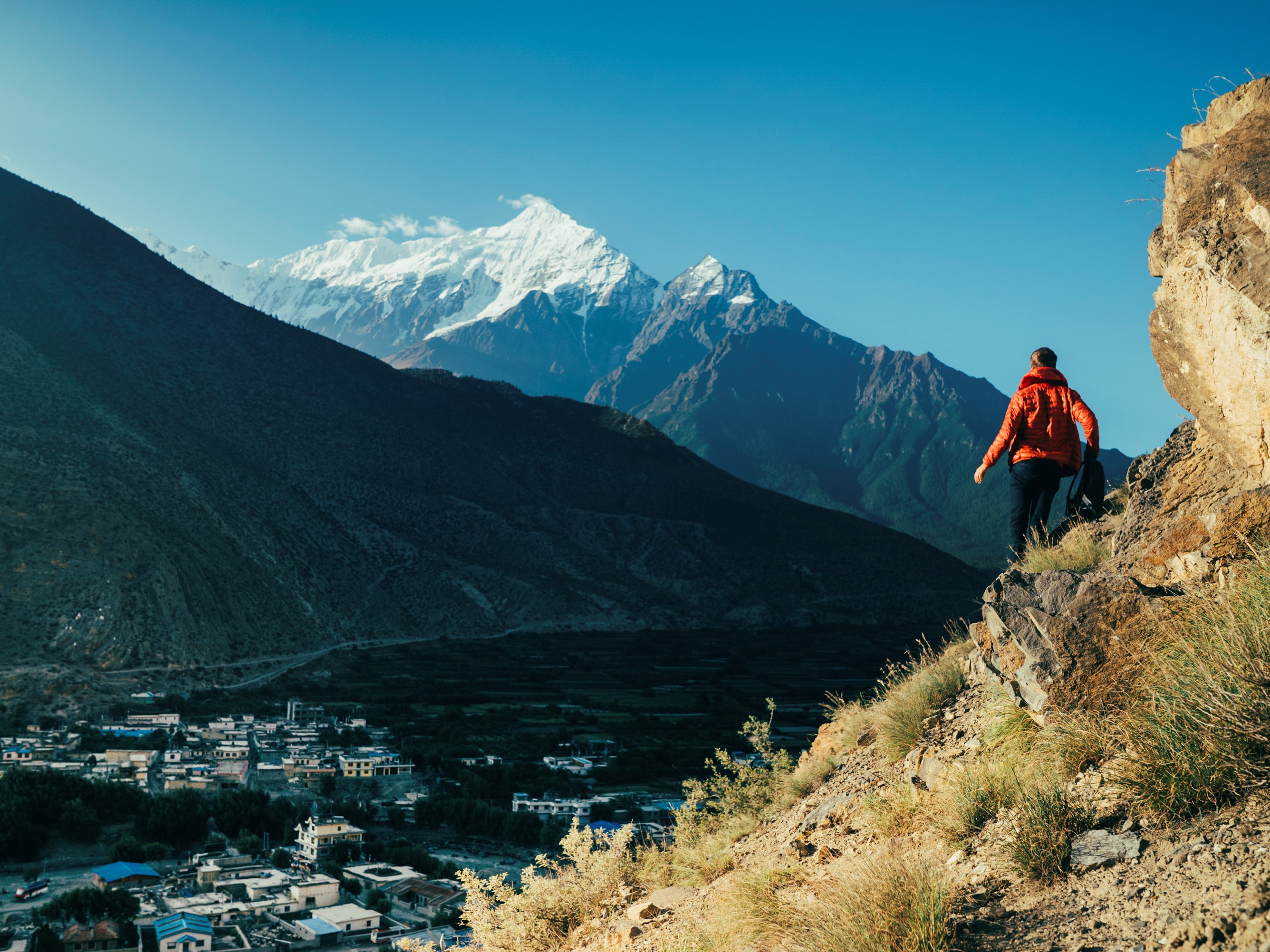Over the past few months, the issue of immigration — particularly immigration coming in across the border dividing the United States and Mexico — has dominated American media and politics. Arguments over blocking immigration, building the wall and instituting isolationist policies have paralyzed the political system. Just a few months back, fights over government funding for the wall left the American people having to deal with the repercussions of the longest shutdown in the nation’s history.
With all the attention surrounding it, the issue of border control may feel like an American issue, yet another maddening reminder of a problem the country has been slow to fix. Like most things though, the issue of immigration does not exist in a bubble, which is what “Borders” seeks to reveal. Although the efforts of certain politicians have made it seem as if the U.S. is one of the few countries struggling to come to terms with its physical and cultural divisions, negative responses to diversity are an incredibly common problem in an increasingly globalized world.
No one is more aware of this reality than the creators of “Borders,” a documentary series created by Vox. The brainchild of Johnny Harris, who hosts the program, “Borders” is an online video series that was launched in 2017. Originally, the project consisted of six short documentaries, exploring physical, cultural and ethnic borders across the world.
Delivering a quality of content that blew audience expectations out of the water, the first installation of the series was incredibly well-received, gaining a devoted fan base who clamored for more. Since then, the series has grown in scope and content. Now revving up for its fourth season, “Borders” has taken a step back, focusing in-depth on dissecting all the divisions in one country per season. So far, it has covered Colombia and Hong Kong with the new format.
It has also significantly expanded the amount of content it produces per season. Along with the original video series, each new installation now includes photo, written and illustrative content put together by a giant production team, bringing its audience closer still to the stories “Borders” covers.
The multimedia production now spans across platforms as well. Although it continues to post its video series on YouTube, avid followers can also watch seasons through the “Borders” Facebook page, where additional multimedia content is posted along with secondary video footage. The additional video is compiled in a spinoff of the original series called “Borders Dispatch,” which provides a more in-depth look into the actual process of creating the documentaries through vlog-style updates from Harris.
Despite growing in popularity, “Borders” has stayed loyal to its original action plan. Two years ago, the series set out with the goal of exposing the human stories at the center of conflicts over geographic and social divisions, and through its transformations it has continued to do just that. There is much to love about “Borders,” but the show’s care for the people it represents is undoubtedly what sets it apart.
Through stunning visuals and thorough interviews, “Borders” tactfully approaches complex subjects in a manner that leaves you curious to know more while broadening your global perspective. Regardless of your position on current events, it is a series that will make you care about what it has to say.
Educational, gentle and incredibly neat in its reporting, the series by Vox exemplifies good journalism. It considers all the angles of each story, providing ample context and background to explain the situation from the ground up. Each story documented through “Borders” starts with a place, a problem and the government responsible. However, unlike most reporting, it doesn’t stop there. Never falling prey to the temptation of an easy conclusion through stereotypes or assumptions, the series always cycles back to people, those truly affected by whatever is going on.
In a genuine way, “Borders” allows the individuals it interviews to directly provide their testimony about their situation, venting frustrations towards the broken systems that hold their lives in limbo. They talk as fellow human beings, rather than subjects to scrutinize, as other documentary series have presented such individuals in the past. The empathy that the approach stirs within you is inescapable.
“Borders” is a production that speaks to a broader human experience, one disrupted by chasms of division across the world. However, its approach to such a daunting reality is not defeatist; the issues are exposed within the framework that they should and will — one day — be fixed, as long as we keep ourselves accountable for the reality we create.
For anyone with an interest in politics, current events or simply travel, “Borders” is an eye and heart-opening must watch.
















